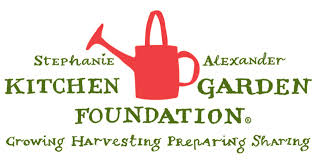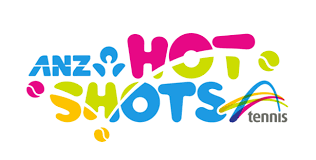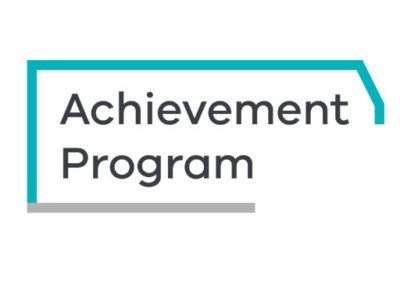Our Programs
We have been recently assessed against the National Quality Standards and are rated as EXCEEDING the standards in All 7 Quality Areas.
Our vision for children’s learning and the underpinning of our Philosophy is based on learning outcomes derived from the National Early Years Learning Framework for Australia. We believe children learn best through play; that learning occurs most readily in situations where children are encouraged to exercise choice and self-direction within an environment that contains happy friends and adults, as well as equipment and materials that lend themselves to flexible and creative uses.
We aim to recognise the importance of these early years, and to provide an appropriate environment that is relaxed, warm and nurturing, ensuring each child, family and educator feels a sense of belonging.
The early years are a time for a child to take pleasure in the here and now, to spend time playing and experiencing life’s wonders. Children experience a sense of being by taking time to explore the present moment.
Through the many experiences and changes that occur in the early years, children will grow and develop, creating their own identity, becoming a person who actively participates in our society.
Program Guidelines
The broadly based education that will be provided through the program will be…
- Active: children will learn by doing. It will be the process of thinking, imagining, exploring, experimenting, inventing, planning and experiencing that is seen as most important in learning, rather than judgment by any end product. Children will be seen as resourceful, curious beings with a natural desire to learn, and as powerful contributors to their own education.
- Meaningful: for the child – where the child has freedom to choose, to follow his or her own interests and support to make decisions and be appropriately self-directive, he or she will engage in work and play that has real meaning, greater interest, more enjoyment and therefore greater learning potential.
- Pro-social: learning goals will be based on sound research that children learn best through play; also on the ideal that they have the right to play. Children are sociable creatures and play provides for stimulating interaction that stresses cooperation rather than competition.
- Developmentally and culturally appropriate: each child will be recognised as being at a particular stage of development, as having a unique personality and social background, and an optimal potential in the acquisition of skills and knowledge. Activities will be carefully suited to each child’s needs. Educators will guide children through complex learning processes.
- Integrated: educators will aim for each child to reach his or her fullest potential through the development of the whole child – “hand, heart and mind”, (Rudolf Steiner).
- Aesthetic environment: optimal learning is promoted and enhanced in a calm, homely, harmonious and aesthetically pleasing environment. The playroom and playground are seen as “the third teacher”, (Reggio Emilio approach), and will be rich with aesthetic and thought provoking experiences and objects.




